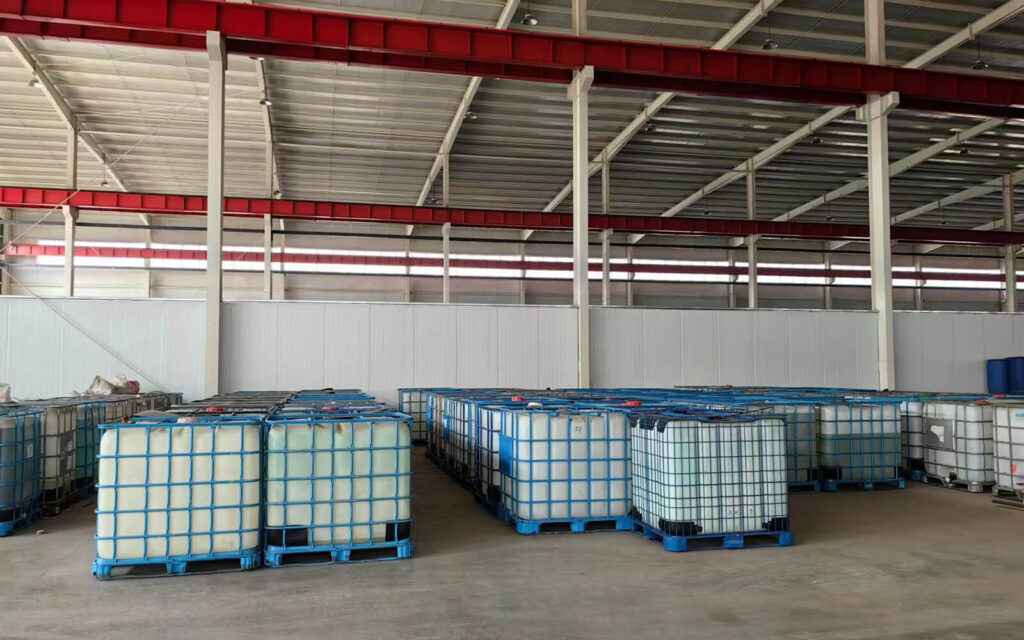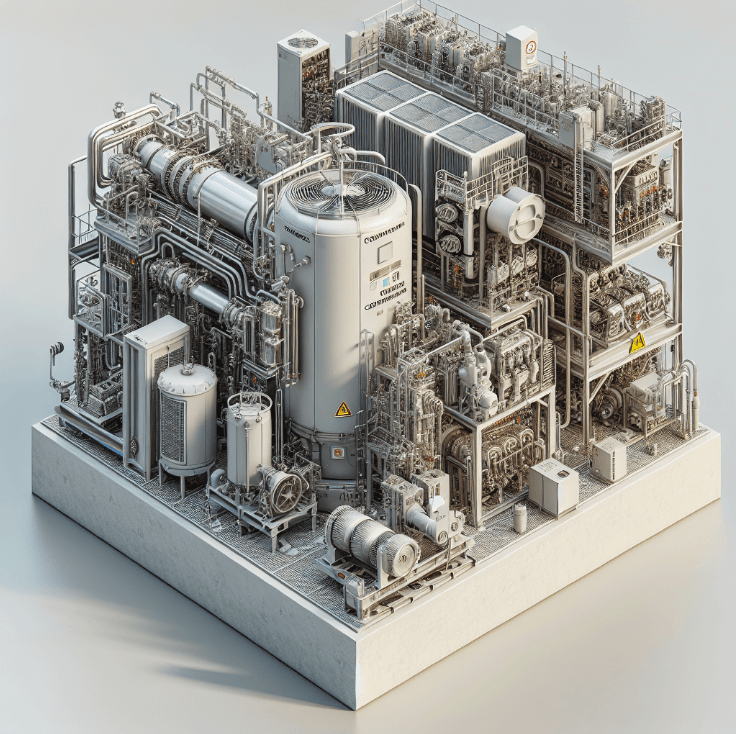Lithium bromide solution is widely used as a refrigerant in absorption chillers, particularly in commercial and industrial cooling systems. Like all technologies, using lithium bromide solution as a refrigerant comes with its advantages and disadvantages. Understanding these can help in making informed decisions regarding its application in refrigeration systems.
Table of Contents
Advantages of Using Lithium Bromide Solution Refrigerant
- Energy Efficiency: One of the most significant advantages is its energy efficiency. Absorption chillers utilizing lithium bromide require heat, which can be supplied by low-grade waste heat or renewable energy sources, rather than electricity to operate the refrigeration cycle. This can lead to substantial energy savings, especially in large-scale applications.
- Environmental Friendliness: Lithium bromide solution is non-toxic and has zero ozone depletion potential (ODP) and a global warming potential (GWP) of zero, making it an environmentally friendly option compared to many traditional refrigerants.
- Low Operating Costs: Due to the possibility of using waste heat sources, the operating costs of lithium bromide absorption chillers can be significantly lower compared to traditional vapor compression refrigeration systems that rely heavily on electricity.
- Quiet Operation: Absorption chillers operate with fewer moving parts and at lower pressure levels, leading to quieter operation compared to conventional mechanical refrigeration systems.
- Durability and Reliability: Lithium bromide refrigeration systems are known for their durability and tend to have a longer operational life with proper maintenance, reducing the need for frequent replacements.

Disadvantages of Using Lithium Bromide Solution Refrigerant
- Initial Cost: The initial investment for lithium bromide absorption chiller systems can be higher than that for standard vapor compression systems due to their complexity and scale, making the upfront costs a significant consideration.
- Requires Heat Source: While using waste heat can be an advantage, it also means that absorption chillers need a consistent and sufficient heat source to operate efficiently. In environments where waste heat is not readily available, this could limit their applicability or necessitate additional energy inputs.
- Maintenance and Corrosion: Lithium bromide solution can be corrosive, and systems must be designed and maintained carefully to prevent corrosion-related issues. Regular maintenance and monitoring are crucial to ensure the longevity and performance of the system.
We can add lithium molybdate or lithium chromate to the lithium bromide solution for the purpose of reducing or retarding corrosion:
Conclusion
The decision to use lithium bromide solution as a refrigerant in refrigeration systems hinges on a careful evaluation of these advantages and disadvantages. For applications where environmental considerations, energy efficiency, and use of waste heat are priorities, lithium bromide absorption chillers present an attractive option.
Contact Us
Shandong Hongrui Co. is a leading supplier of lithium bromide. Whether you need lithium bromide for air conditioning systems or other applications, we can help. Contact us now to learn more about lithium bromide products. Our sales team will quickly provide you with a quote and reduce your costs.









